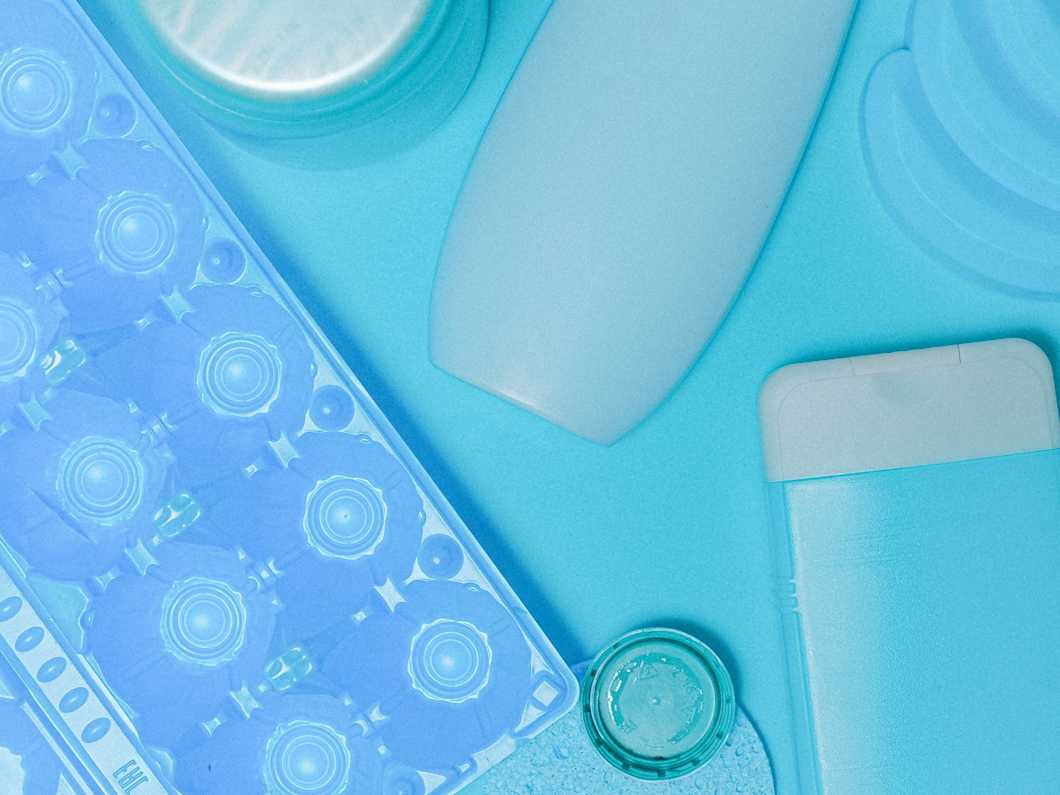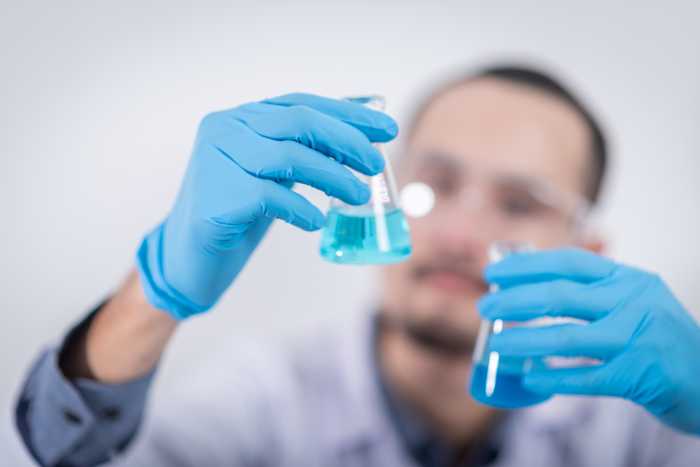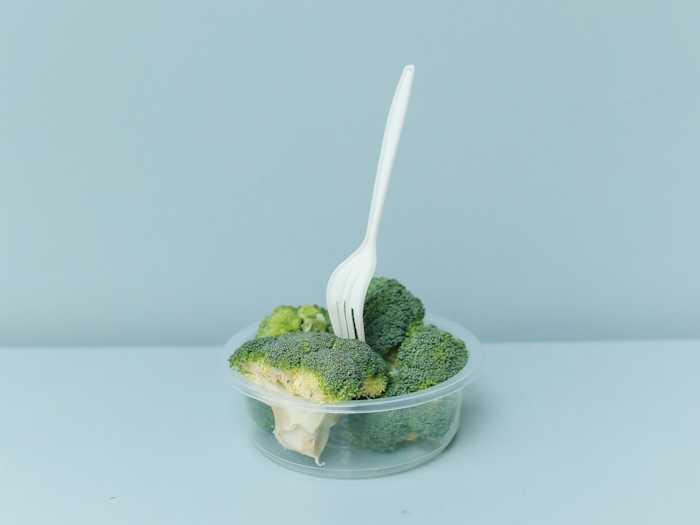Laboratory tests for plastics & polymers

- Fast turnaround times
- Personal service from method experts
- Competitive prices
- Result accuracy guarantee

Mechanical testing, rheology, and accelerated aging
We offer a large selection of mechanical tests for polymers and plastics for very affordable prices. Below you can find listed some of our most bought services, including for example tensile testing, flexural properties, shear and compression testing, rheological measurements, and accelerated ageing tests. Click the boxes to see more details about each analysis, or contact us through the form below to get help deciding which tests you need.
Tensile properties of rigid plastics by ISO 527-2
Tensile properties of plastic films by ISO 527-3
Vicat softening point of plastics
Hardness of plastics
Compression strength of plastics
Flexural properties of plastics - 3-point bend test by ISO 178
Dynamic viscosity determination – rotary rheometer
Artificial weathering in fluorescent UV chamber
Artificial weathering in Xenon-arc chamber (Coated panel)
Prices excluding VAT.

Thermal properties
Measurements for plastics and polymers can be performed with thermogravimetric analysis (TGA), thermal mechanical analysis (TMA), dynamic mechanical analysis (DMA) and differential scanning calorimetry (DSC). Thermal analysis can be used to determine the material’s thermal stability, reaction and curing kinetics, decomposition, phase transition properties (melting, crystallization, glass transition), quality control, compositional analysis (fillers, plasticizer and polymer content), and to determine the optimal processing temperature. See prices and further details in the services listed below, or contact us through the form below to get a custom offer.
Thermal characterization with DSC
Thermogravimetric analysis (TGA)
Heat Deflection Temperature (HDT) of plastics
Prices excluding VAT.

Compositional analysis
We offer a large selection of analysis methods to determine the composition of your plastic and polymer products. Fourier-Transform Infrared Spectroscopy (FTIR) can be used to efficiently identify the main polymers in your sample. For more detailed composition analysis, differential scanning calorimetry (DSC), Thermogravimetry (TGA) or nuclear magnetic resonance (NMR) can be used. In addition, to get more information about your polymer’s or plastic’s molecular weight, molecular weight distribution and branching we offer a wide variety of different size exclusion chromatography (SEC), also known as gel permeation chromatography (GPC), analysis methods. Our most popular services are listed below, but please do not hesitate to contact us for a custom offer to suit your needs.
Identification of chemical groups with FTIR (solid samples)
13C NMR spectroscopy
1H NMR spectroscopy
SEC-MALS of high molar weight polymers
Density determination of plastics and polymers
Elemental analysis of plastics and polymers by ICP-SFMS (selected elements)
Prices excluding VAT.

Plastic food packaging materials
Measurlabs offers a full range of migration tests for food contact materials: overall migration tests, specific migration tests, and tests for heavy metals and primary aromatic amines can all be purchased through our website. See our list prices below or contact us through the form at the bottom of the page to get help from our experts and a customized offer.
Overall migration testing – simulant A (10% ethanol)
Overall migration testing – simulant B (3% acetic acid)
Overall migration testing – simulant C (20% ethanol)
Overall migration testing – simulant D1 (50% ethanol)
Overall migration testing – simulant D2 (olive oil)
Overall migration testing – simulant A, B, D2 (all foodstuff)
Overall migration testing – simulant E (Tenax)
Specific migration testing – elements in Annex II of Commission Regulation (EU) No 10/2011
Specific migration testing – formaldehyde
Specific migration testing – non-intentionally added substances (NIAS), GC-MS
Prices excluding VAT.
Why choose Measurlabs?
Widest range of testing methods – get all your tests done in the same place.
Best laboratories – for every test, we have sourced the best lab for that particular method, which means that you get the most accurate results and the best price.
Personal service – get help from method experts if you are unsure about standards, your testing needs or sample suitability.
Specify your needs and get a quote
Fill in the form, and we'll reply in one business day.
Have questions or need help? Email us at info@measurlabs.com or call our sales team.